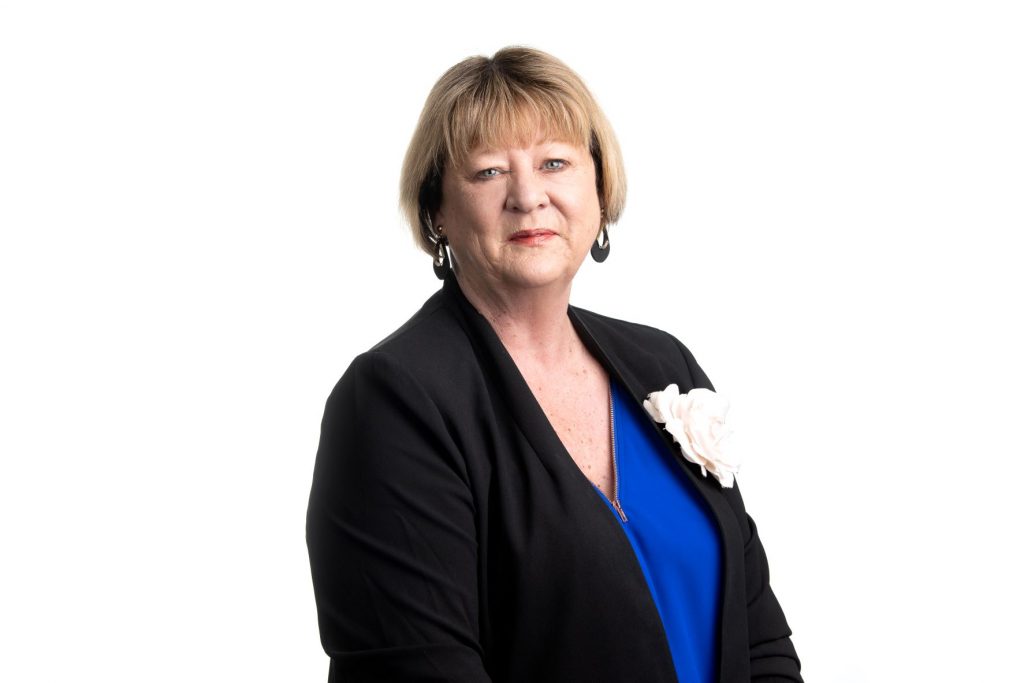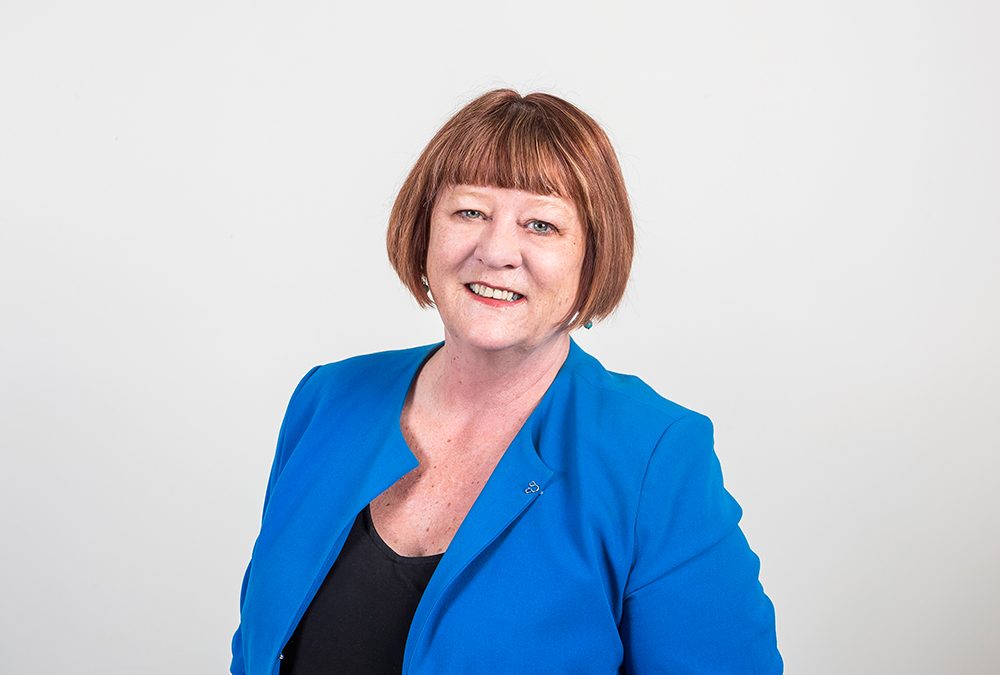ONE in 10 Queenslanders is a carer, some for up to 20 hours a week, others 24/7. It is these family and friends, the unpaid support workers, who turn to Carers Queensland. Carers cover the spectrum, from disability – children to the elderly – to those with mental health issues and the frail aged.
Carers Queensland was formed in 1989, when a group of women, believing there needed to be more recognition and support services for unpaid family carers, formed the Queensland Council of Carers. Prominent among them was well-known advocate for older Australians and Queensland’s 2006 Senior Australian of the Year, Val French, who died last year.
The name was changed to Carers Queensland in 2003, and in 2017, it became a Company Limited by Guarantee.
It has never stopped growing, offering an ever-increasing range of support for carers and people with disability. It has wide-reaching services such as a no-interest loan scheme, a guardianship advocacy program, is a Registered Training Organisation and supports carers to enter or re-enter the workforce, go on to higher education or undertake meaningful volunteer work.
Carers Queensland’s extraordinary growth
Debra Cottrell joined as chief executive officer in 2009 and since then has steered the organisation through a period of unprecedented growth. Staff numbers, for example, have grown from 65 to 600 and it has offices around the state.
Debra was working in the health sector in Victoria and was a CEO of a Division of General Practice when she decided she wanted a challenge, something she could really believe in.
“This organisation resonated,” she says. “I’m really lucky. There is real job satisfaction that comes from knowing you have made a difference in someone’s life.”
Of the staff, 65 per cent are, or have been carers themselves, and 43 per cent identify as having lived experience with disability.
“That lived experience is the heart of the organisation,” Debra says.

The biggest growth spurt came in 2017, when Carers Queensland became an NDIS Local Area Coordination Partner in the Community in Toowoomba, Ipswich and Rockhampton.
“We doubled in size that year,” Debra says. “It was quite an extensive contract. We tripled in 2018, when we also took on Maroochydore, Strathpine, Caboolture, Brisbane, Beenleigh and Robina.”
Pictured: Debra Cottrell, CEO Carers Qld
The NDIS contracts increased the reach of Carers Queensland, putting it in contact with 43,000 caring families. It also meant they could provide a response to the ageing parents who were worried about what would happen to their adult children if they couldn’t provide for them.
“This was another thing that spurred on our involvement,” Debra says. “The board felt the NDIS fit well with our mission and vision. One of the best ways to support carers is to make sure those they care for get the services they need.” With a mission of making lives better, Carers Queensland has 13 offices in the state, from the Gold Coast to Rockhampton, Toowoomba and Ipswich to the Sunshine Coast as well as north and south Brisbane.
Helping carers fulfil their dreams
A new program, Your Caring Way, is helping carers who have been out of the workforce for a long time to pursue their own goals by providing subsidised training and education. Vocational Coaches help them to set and work towards their goals. Carers are also assisted with resume writing and placement officers work with them to help them find a position. The program operates in Queensland, Tasmania and South Australia.
“We help them make a plan and support them through the process,” Debra says. “Carers need to realise their own dreams too.”
A no-interest loan scheme offers carers up to $1500 for anything that helps them in their role. It might be that a washing machine breaks down or the car used to get to medical appointments needs repair.
A guardianship program helps with the QCAT process and the complexities of the My Aged Care system, made harder for many carers by the need to do everything online, particularly in regional and remote areas.
“We are caring for the carers and the people they care for, making life better for them,” Debra says. “And that’s exactly what we set out to do.”

